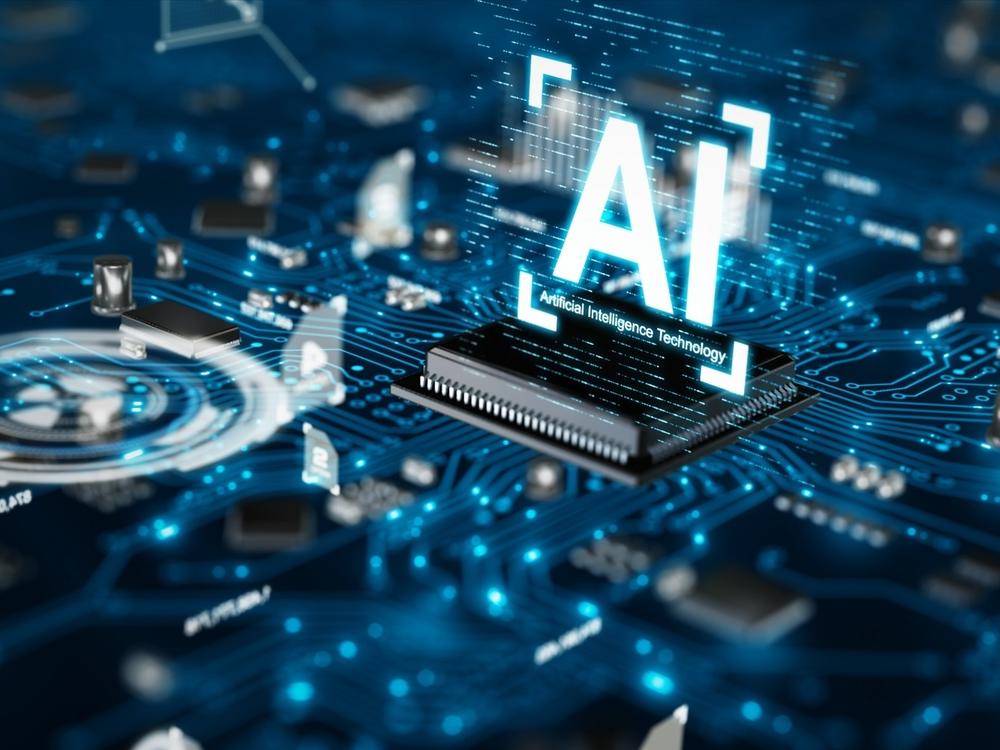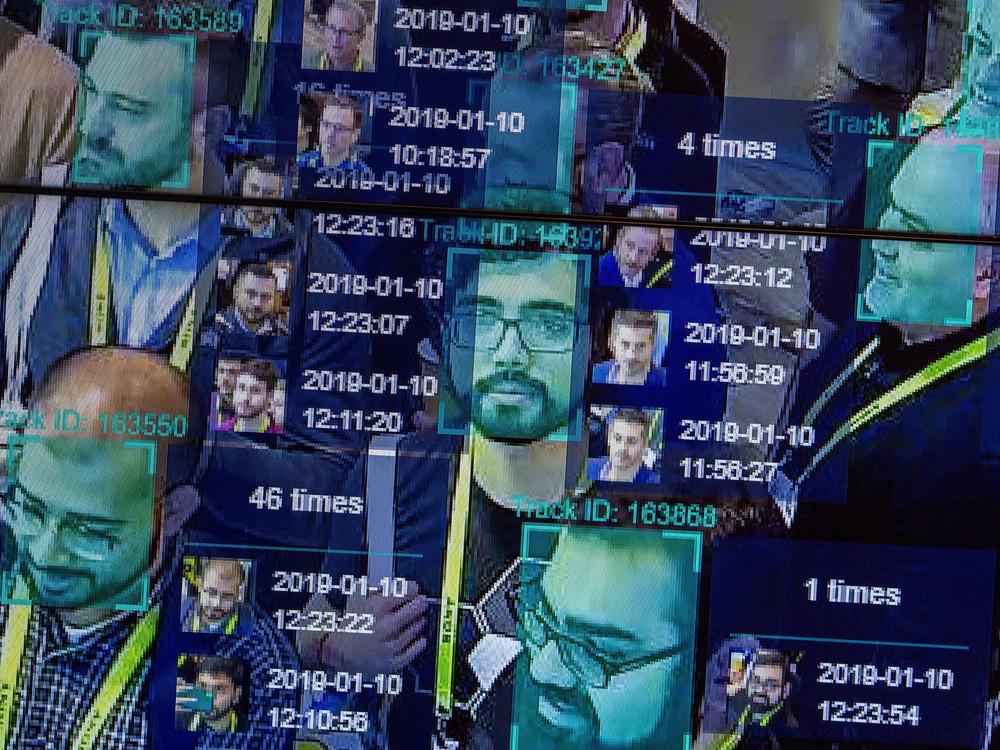Section Branding
Header Content
Here's how Americans view facial recognition and driverless cars
Primary Content
In recent years, the proliferation of artificial intelligence has given the world technology like Siri, Netflix recommendations and chat customer support. But a new survey shows Americans are still torn about how it may continue to impact society.
The nonpartisan Pew Research Center surveyed more than 10,000 adults and found that their support of artificial intelligence varied, depending on its use.
Police use of facial recognition? More people say it's a good idea than not. Driverless cars? Not so much.
The survey focused on six questions across two categories: human enhancements and the "burgeoning array of AI applications."
The topics that included AI for human enhancements were the use of robots for manual labor, gene editing in babies to reduce their risk of developing diseases and the implantation of computer chips in the brain to increase cognitive function.
The other category included police using facial recognition technology, social media companies filtering out misinformation with algorithms and developing driverless cars.
Of all the AI uses, survey participants most strongly favored the police use of facial recognition technology; 46% said they thought it would be good for society, while 27% said it would be bad.
The filtering of misinformation was also strongly supported, at 38%, with 31% saying it'd have negative impacts.
The most strongly opposed applications of AI were computer chip brain implants (56%) and driverless cars (44%).
Approximately 42% of respondents were unsure about using robots to perform manual labor, while 39% were unsure about editing babies' genes.
The Pew Research Center says it selects participants through a nationwide, randomized sample of residential addresses.
"This way, nearly all U.S. adults have a chance of selection," the report says. "The survey is weighted to be representative of the U.S. adult population by gender, race, ethnicity, partisan affiliation, education and other categories."
Some answers varied depending on political party, race and gender.
When asked what regulation of AI might look like, an average of 61% of Republicans were concerned the government would "go too far," while an average of 64% of Democrats thought the government would "not go far enough."
There were also reservations about how inclusive AI is.
Approximately 51% of participants said they thought the experiences of men were well considered in the development of AI, compared to 36% feeling the same about women's experiences.
Another 48% of participants said they felt the experiences and viewpoints of white adults were thought of. The percentage of respondents who said the experiences of Asian adults, Black adults and Hispanic adults were taken into account were 33%, 24% and 23%, respectively.
Overall, 45% of U.S. adults said they were equally concerned and excited about AI, compared to 18% being more excited than concerned and 37% being more concerned than excited.
Of those who leaned more toward excitement, they cited reasons such as "makes life, society better," "saves time, more efficient" and "inevitable progress, is the future."
The more-concerned-than-excited crowd said the reasonings for their opinion were "loss of human jobs," "surveillance, hacking, digital privacy" and "lack of human connection, qualities."
The Pew survey polled 10,260 adults, just in the U.S., Nov. 1-7, 2021.
Copyright 2022 NPR. To see more, visit https://www.npr.org.


